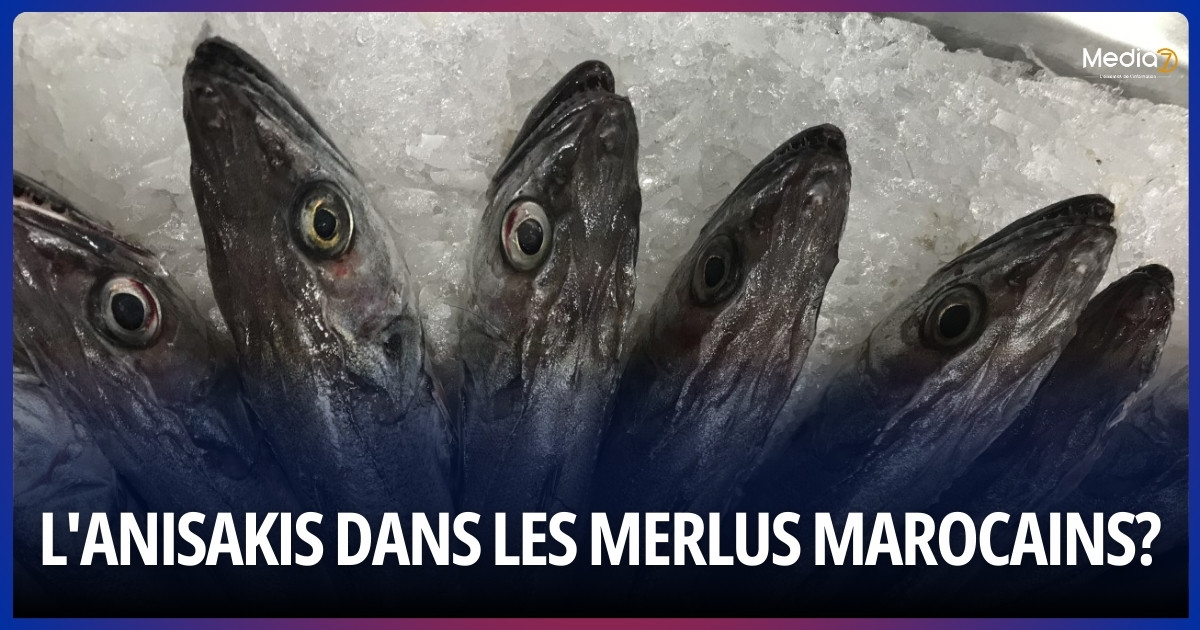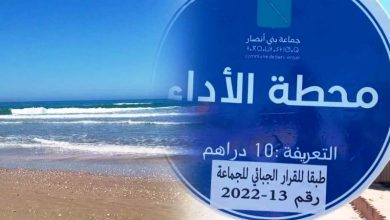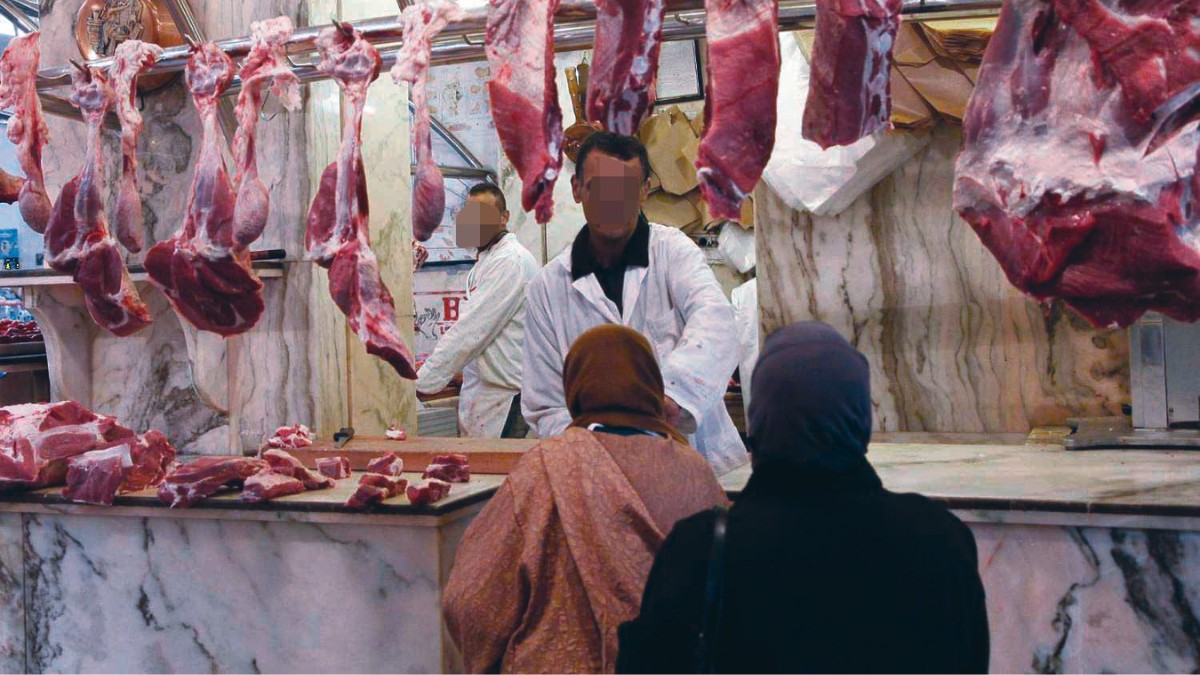Food Alert in Spain: Moroccan Fish Contaminated by Anisakis

A food alert sounds in Spain as a consignment of fish coming from Morocco is intercepted at the border. European food safety authorities have issued a warning after the detection of anisakis, a dangerous parasite, in Moroccan hake.
According to information reported by the Rapid Alert System for Food and Animals of the European Union (RASFF), border controls in Spain made it possible to identify the presence of anisakis in hake eggs from this batch of fish from Morocco. Considered a serious alert, the cargo was immediately seized at the Iberian borders.
Anisakis, a nematode parasite, poses a danger to human health. Ingesting contaminated fish can cause serious symptoms such as abdominal pain, nausea, vomiting and gastroenteritis. These symptoms generally appear between 24 and 48 hours after eating the infected fish.
The presence of anisakis larvae can cause digestive complications, ranging from ulcerative-like manifestations to intestinal obstruction. In addition, allergic reactions, including anaphylactic shock, have been reported in some affected individuals.
Faced with this situation, preventive measures are recommended to guarantee food safety. Freezing fish at extremely low temperatures is an effective method of killing parasitic larvae. The Food and Drug Administration (FDA) recommends prolonged freezing at -20°C or flash freezing at -35°C for at least 15 hours.
It is also crucial to cook fish properly before consumption. Cooking for at least one minute at 60°C is recommended to eliminate any risk of contamination by the anisakis.
This food alert highlights the importance of safety controls and food handling practices to prevent risks to public health. Consumers are invited to remain vigilant and follow the recommendations of health authorities to avoid any problems linked to anisakis contamination.




